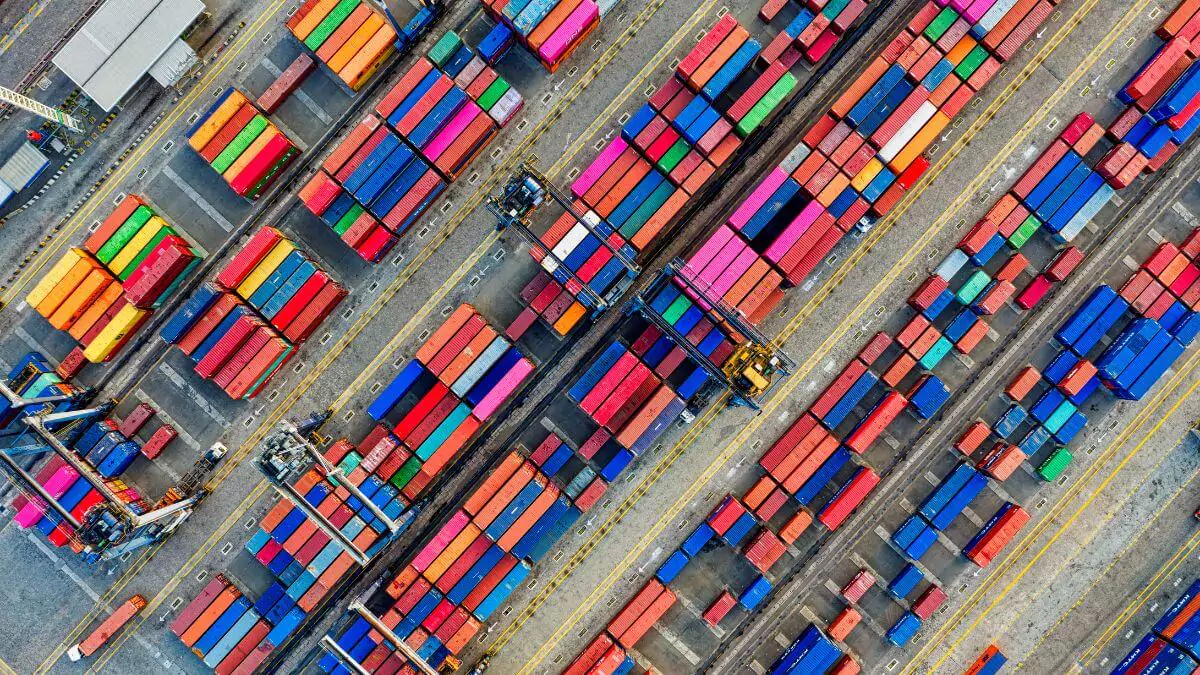April 10, 2025 – The U.S.-China trade war reached a boiling point on April 9, 2025, as U.S. tariffs of 34% on Chinese goods took effect, prompting China to vow “forceful countermeasures” and sending global markets into a tailspin. Compounding the tension, President Donald Trump announced that new tariffs on pharmaceutical imports are imminent, raising fears of higher drug prices and supply chain disruptions.
China’s commerce ministry labeled the U.S. tariffs “unacceptable,” promising to take “all necessary measures” to safeguard its economy, as reported in a CNN article on China’s reaction. State media, such as the Global Times, signaled that China is ready to retaliate with export controls on rare earth minerals and tariffs on U.S. agricultural goods, according to an SCMP report on China’s response. This follows China’s earlier 34% tariffs on U.S. products like pork and soybeans, as noted in a CNBC report on the escalating tensions.
Global markets felt the impact immediately, with the S&P 500 dropping 2.8% and Japan’s Nikkei falling 3.1%, as fears of a global recession mount, per a Reuters global markets update. The tariffs are expected to cost U.S. households an average of $1,900 in 2025, exacerbating inflation concerns, according to a Bloomberg analysis of the economic fallout. In tech hubs like San Francisco and Seattle, where 65% of professionals follow economic news (2024 Gartner survey), the market downturn has sparked alarm, given the tech sector’s reliance on global supply chains.
Trump’s announcement of forthcoming pharmaceutical tariffs has added another layer of uncertainty. Speaking on April 9, Trump said the levies are “due very shortly,” aiming to boost domestic drug manufacturing, as reported in a WSJ live coverage of the announcement. However, the move has drawn criticism from the healthcare industry, which warns of potential drug shortages and price hikes, with the Pharmaceutical Research and Manufacturers of America (PhRMA) estimating a 15% increase in drug costs, per a USA Today report on the pharmaceutical tariffs.
The trade war reflects broader U.S. protectionist policies, such as the U.S. ban on DeepSeek AI and TikTok ban developments, which have also strained U.S.-China relations. As global leaders call for de-escalation, Trump remains steadfast, claiming, “We’re winning big,” per the WSJ report. The coming weeks will be critical as China prepares its response and the pharmaceutical industry braces for impact. For more on economic trends, explore our coverage of AI-driven market innovations.







